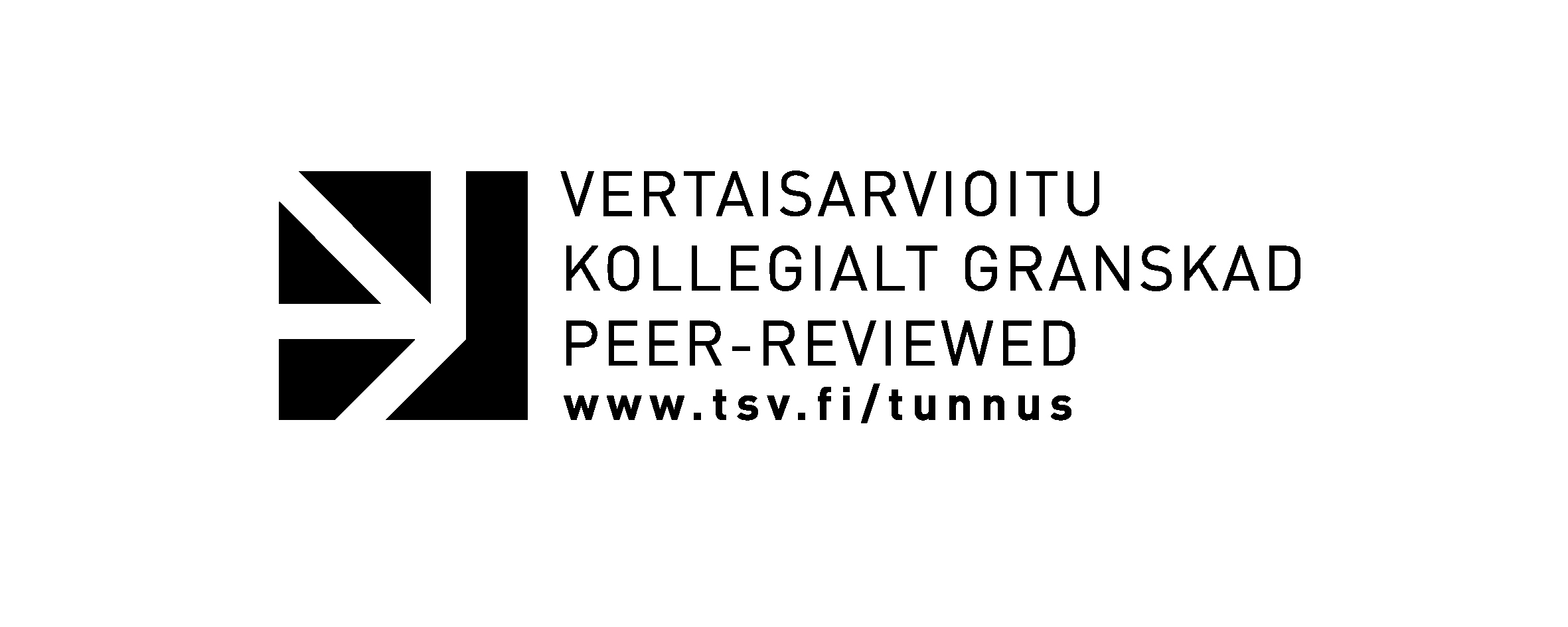Motivations of Volunteet Archive Correspondents: Three Women from Estonia
Avainsanat:
history of heritage collection, volunteer correspondents, women's history, motivation, national identity, relationships and interdependenceAbstrakti
In the course of the past centuries, continuous attempts have been made to re-contextualize the documents that have been accumulating in the world's many archives of cultural heritage proceeding from different objectives and theoretical foundations. One of the ways to understand archival documents is to pose questions regarding the persons who produced them. The majority of these people were unpaid volunteer contributors, in Estonia traditionally referred to as correspondents. For such correspondents, collecting was extra work carried out in addition to all other duties, and enough time and energy had to be found to pursue this endeavour. The problems, including the inner conflicts that the correspondents who were thus engaged expcrienced, are reflected, for example, in the metaphors used by one of such correspondents from the past, Marta Mäesalu, who put it thus: she had to "steal time" for writing and "steal herself away" from domestic chores. By analyzing the motivation of three Estonian women correspondents from the 20th century, this article poses the following questions: what motivated these women to choose the role of a volunteer contributor to the heritage archives, and what kind of impact did their daily life and the private sphere as well as the socio-cultural environment and ideologies of different eras have on their motivations. My focus on women correspondents is not accidental, considering the weight of women's collecting activities in the 20th century and the presumable gender differences in motivation as a complex psychic phenomenon.







